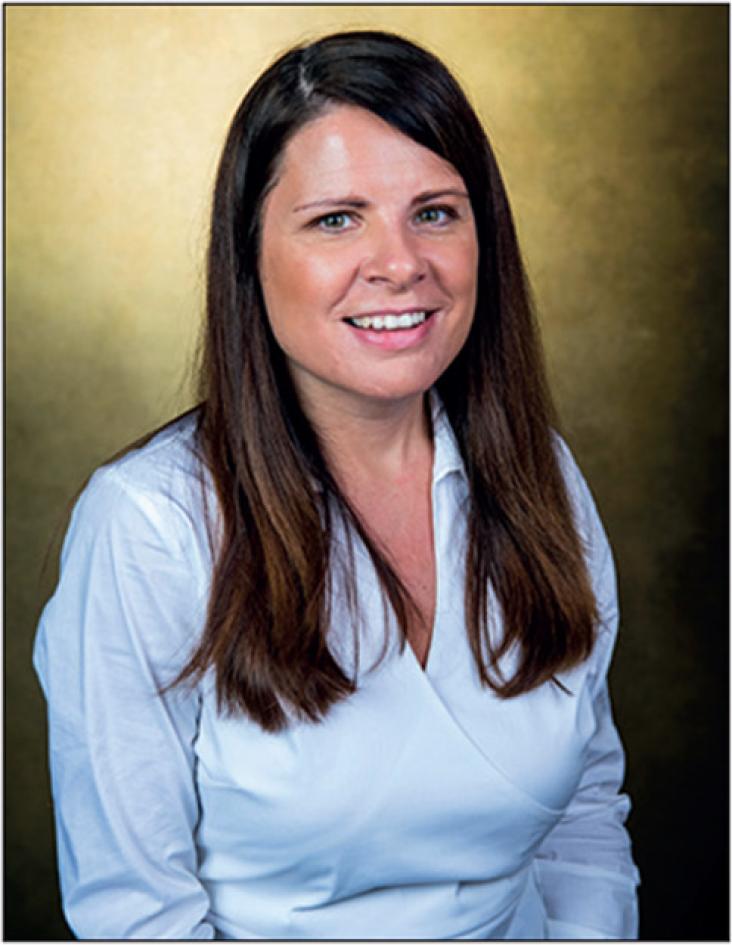Knowledge of biological diversity is a major source of innovation. Collective intellectual property of traditional knowledge by Indigenous peoples and local communities is an important source of innovation and product development. This article investigates collective intellectual property systems on the traditional knowledge of Aspalathus linearis, also known as rooibos—an endemic plant from South Africa which is the basis of an important herbal tea industry. The article discusses how collective action and self-organization can generate collective intellectual property systems; indigenous peoples and local communities can develop these systems to protect their IP; how these systems can promote social justice and a more equitable distribution of benefits but can be sources of dispute between socio-economic groups and communities and can reproduce historical inequalities and power asymmetries.
Background: Gender-based disparities in health-care are common and can affect access to care.

As artificial intelligence (AI) and machine learning become increasingly embedded in recruiting and hiring processes, employers must be aware of the potential discrimination risks these tools can pose. This article relates to SDGs 5, 8, and 10
Contextualizes discussions about future rights for AI agents in the context of the women rights and other civil rights movements. Brandeis Marshall, a leading voice in ethical and equitable AI, argues that we must focus first on building a social framework for AI that protects humans and their rights.
This Article supports SDGs 3, 10, and 13 by evaluating the effect of ambient temperature on mobility within large cities and urban areas, particularly focusing on the subway system in New York city.
This One Earth Perspective makes policy recommendations for how global finance institutions can support low-carbon development (SDG 13) in low-income nations (SDG 10) and foster clean economic growth (SDG 8).
Wealthy countries that have benefited from fossil-fueled development have agreed to help low-income countries develop more sustainably (SDG 13). Investment in e.g., clean energy is greatly needed (SDG 7), but this One Earth Research Article shows that low-income countries are seen as 'high risk' and not receiving sufficient investment in clean energy, perpetuating inequality (SDG 10).

From setting research priorities to developing research outputs, Sinéad Rhodes’ work involves coproduction with children, parents, teachers, and clinicians. Rhodes has received numerous awards for her public engagement work, including a Royal Society of Edinburgh medal for Innovation in Public Engagement and the Tam Dalyell Prize for Excellence in Engaging the Public with Science, which recognise her commitment to public engagement within her own research and beyond.
The increased exposure to violence and sexual crimes among Indigenous women, girls, and Two Spirit people results from longstanding historical trauma and anti-Indigenous racism. The Missing and Murdered Indigenous Women, Girls, and Two-Spirit People (MMIWG2S) movement emerged as a result of the need for governments and organisations in the USA and Canada to act against acute violence towards Indigenous people
This Article supports SDG 5 by analysing gender and ethnicity trends in authorship in two leading UK medical journals. With regard to gender, the study finds that the proportion of women first and last authors has increased significantly in the past two decades, making progress towards equity in both journals.
